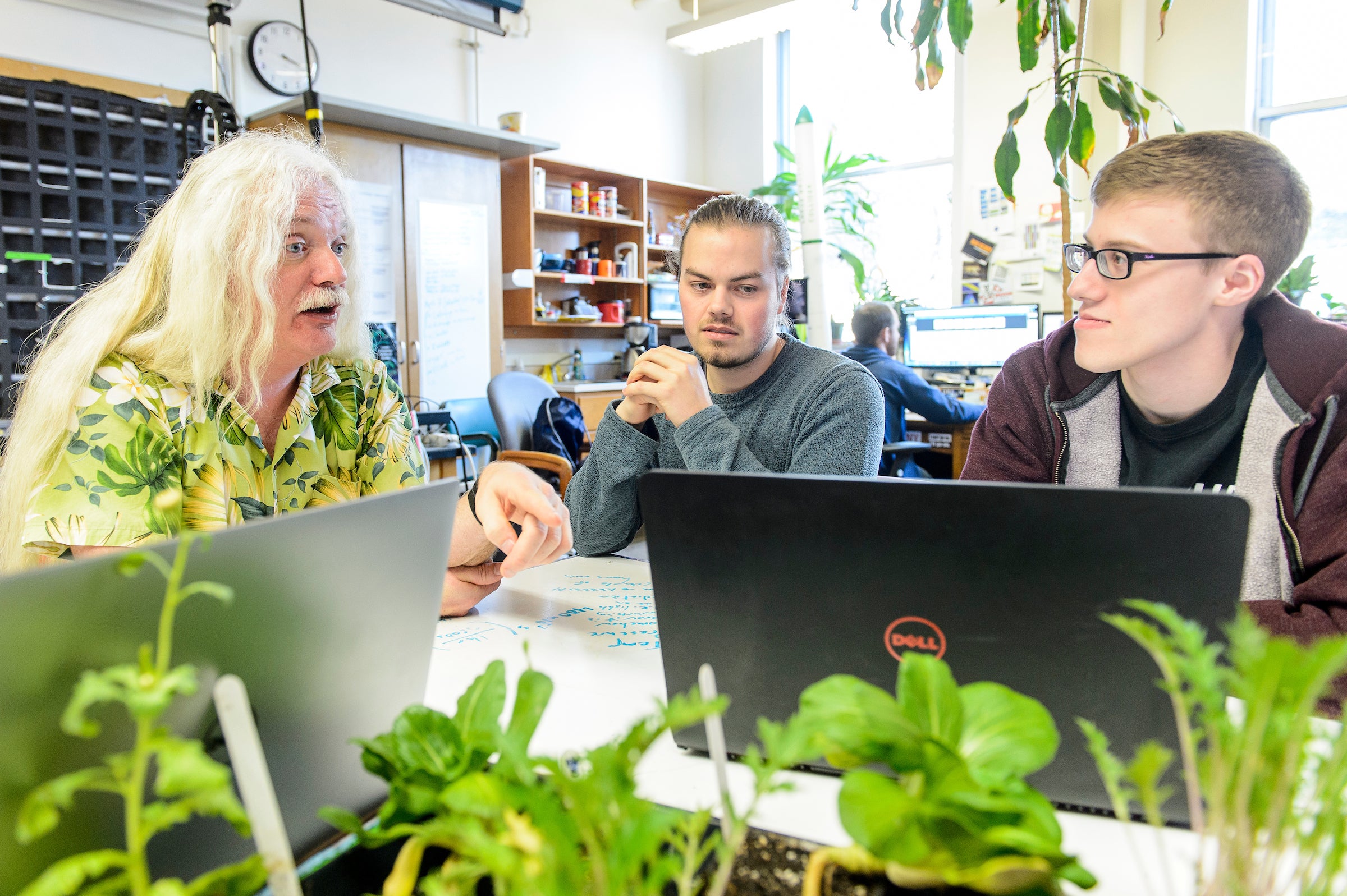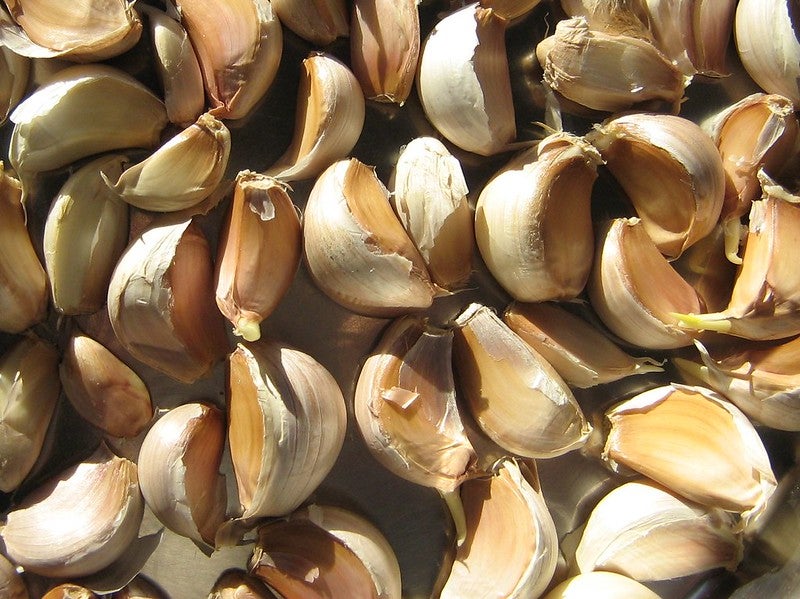Plants don’t have brains or nervous systems, but scientists are now discovering that plants do respond to their environments in much quicker ways than they once thought possible.
Simon Gilroy, a University of Wisconsin-Madison botany professor, is among a handful of scientists uncovering how plants respond to the world. But Gilroy hesitates to use the word “intelligence” when talking about them.
“One of the things that we do as humans is we anthropomorphize all the time. Inanimate objects, we attribute them human characteristics. And it’s just built into our DNA of how we interact with the world … so that must be how everything else operates,” Gilroy told WPR’s “Wisconsin Today” recently. “That can sometimes totally get in the way.”
News with a little more humanity
WPR’s “Wisconsin Today” newsletter keeps you connected to the state you love without feeling overwhelmed. No paywall. No agenda. No corporate filter.
Although plants may not have brains like humans, they’re still remarkable organisms that have adapted to the world and learned how to survive. Gilroy and his work are featured in the new book, “The Light Eaters: How the Unseen World of Plant Intelligence Offers a New Understanding of Life on Earth,” by Zoë Schlanger. Gilroy spoke about his work and what makes plants remarkable on “Wisconsin Today.”
The following has been edited for clarity and brevity.
Rob Ferrett: We may think or I may think of plants as being pretty much inert. But how much more is going on under the surface than I realize?
Simon Gilroy: It’s true. If you look at plants, for a lot of people, they just don’t seem to be doing a lot. We’ve all seen those absolutely amazing time lapse movies of plants growing. So they’re clearly active pieces of biology, but they feel like they’re operating at a very different time frame from us.
It’s been called “slow life.” But actually, the technology of being able to understand what’s going on improves every year. … We’re beginning to realize they are just as active as we are at our time frames with things happening in seconds.
RF: What is going on in that short timeframe that’s leading people to rethink how we think about the time scale of plants.
SG: Wisconsin gardeners, we’re putting out tomato plants and getting ready for the summer. But insects are everywhere, and plants have to defend themselves against it. And they’re really good at doing that.
Imagine that you’re being eaten by an insect. If your responses take two or three days, you’re gonna be gone before you’ve had the chance to defend yourself. Now that we have ways of teasing apart what the plants are doing, we can see that when that insect starts to chomp on a leaf, that leaf generates a bunch of chemical and electrical signals almost instantaneously — kind of the way that you might think that we would.
If an insect started chewing on us, we’d go, “Ow!” The plant is generating signals at that time frame. And those signals move throughout the plant. It’s not a nervous system, but it’s doing the same thing. One part of the plant is within seconds to minutes telling the rest of the plant that it’s been damaged.
RF: I understand this is something you actually work on in your lab, giving a plant in effect an owie and seeing what happens next. Can you tell us a little bit about how you do this research and what you’re finding?
SG: What we’ve been able to do is take a genetic tool — it’s a modified protein that you can actually visualize, it’s fluorescent so you can see it — and we engineer that into plants. Now in real time, we can do things like cut the leaf and see the signals propagate throughout the plant.
That’s opened up this window of seeing that when you wound a plant, or even when you touch a plant, signals are generated almost instantaneously. And those signals propagate throughout the plant just like if I were to touch you, you would have a signal which is generated by your touch receptors in your skin, and then that will be passed to your brain and then you would know you’d been touched.
RF: Plants sense this insect eating it and a signal goes through the whole of the plant. What does it do then? Or what strategies do plants do to say, “I’m not gonna get eaten here?”
SG: The thing that they don’t do … is they just can’t get up and leave. So plants are masters of chemistry. They will do a lot of making toxins, making themselves unpalatable. They’ll switch on lots of biochemical pathways to make a lot of biologically active compounds. They will switch on a whole range of their genes to sort of reprogram themselves.
Plants are fantastic at soaking up what the world has to throw at them, and then regenerating and rebuilding parts of the plant. Plants, because they’re photosynthetic, can just make so much stuff that they can deal with the world by kind of building things in response.
RF: I’ve danced around the I-word here — “intelligence.” Some people look at this and say, “Plants are taking input from the outside world.” Is this a kind of intelligence? Maybe this is one more for a philosopher than a botanist. What are your thoughts?
SG: Like you did, if you rephrase it and reset the question and consider intelligence to be taking in information, processing it to give an appropriate output — which for biology helps you survive in the world — then you could say, “Yeah, totally. Plants are intelligent.”
But the intelligence word might be getting in the way there. We like to call it biological intelligence to try and shift the debate away from thinking about brains and nerves and how we work.
Wisconsin Public Radio, © Copyright 2025, Board of Regents of the University of Wisconsin System and Wisconsin Educational Communications Board.



